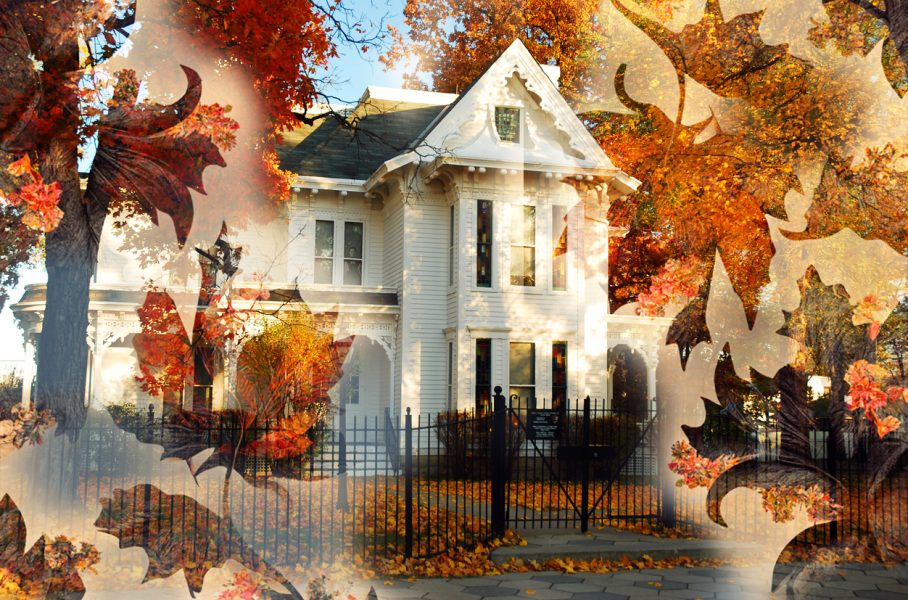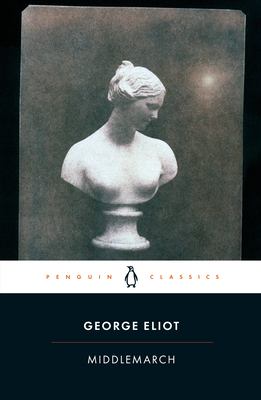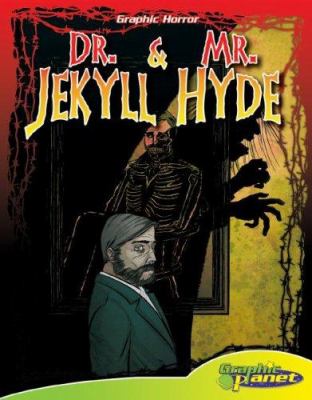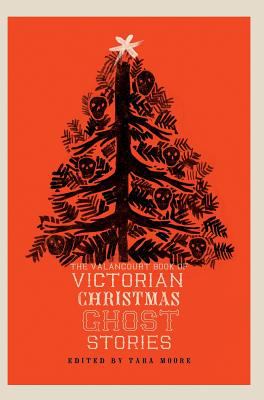Celebrate Victorian Literature During #Victober, from Horror to Happily-Ever-After
Posted on September 30, 2022 at 6:00 am

By Melissa Rhoades
October’s cooling weather and crisping leaves offer the perfect excuse to transition to indoor activities—like curling up with a steaming beverage and a substantial book. Perhaps that’s why reading Victorian literature in October has become a recent tradition for some with its own hashtag: #Victober.
The Victorian Era is often considered the golden age of the English-language novel. It birthed literary characters who still firmly grasp our imaginations today, including Arthur Conan Doyle’s Sherlock Holmes and Charles Dicken’s Ebenezer Scrooge.
Technically, the age was defined by the dates Queen Victoria reigned over Britain and its empire, from June 20, 1837, until her death on January 22, 1901.
The age was also defined by immense social, cultural, and technological changes. Within just 63 years, the economy changed from mainly agricultural to mainly industrial. People rapidly moved from rural areas to urban centers where infectious diseases took a heavy toll.
Despite high mortality, the domestic population rose by fifty percent, which brought the need for social and sanitary reforms. Women’s rights were a hot topic of debate. Inventions like the railroad and telegraph meant people and ideas traveled faster than ever before. Scientific discoveries from the theory of evolution to the reality of germs brought controversy and abrupt breakthroughs.
In other words, Victorians experienced a level of turmoil that would likely feel familiar to us in 2022.
Victorian Fiction Starter Pack
The following five books offer a glimpse of Victorian literature’s breadth with examples of romance, realistic fiction, satire, gothic horror, and science fiction. They also offer a glimpse of how Victorian literature still appeals to 21st century readers.
First published in 1848 under the male pseudonym Acton Bell, Anne Brontë’s The Tenant of Wildfell Hall was an immediate hit. The plot of this happily-ever-after domestic fiction is thick with dramatic and issue-oriented complications, including marriage to a philandering, alcoholic spouse.
Hailed by many as an early example of feminist writing, the novel features a strong female title character who is said by some to have been inspired by the courageous life of Caroline Norton, an English social reformer. This novel will appeal to fans of Christian fiction, romance, feminist writing, and descriptive writing styles.
Middlemarch, by George Eliot (pseudonym of Mary Ann Evans), received mixed reviews when it was published in several volumes from 1871 to 1872. Today, it’s considered one of the greatest novels of all time. Intricately plotted and richly detailed, this character-driven psychological fiction follows the fates of several characters.
Dorothea Brooke is a smart young woman ready to share her life with a fellow intellect. Tertius Lydgate is a young, ambitious doctor whose radical ideas aren’t always well received. And Fred Vincy is a university dropout who wants to marry his childhood crush. This book will satisfy lovers of complex characters and realistic fiction.
Anthony Trollope’s The Way We Live Now was written to vent anger at what the author saw as widespread corruption. He is quoted as despairing that “dishonesty, if it can become splendid, will cease to be abominable.”
Published in 1875, this long, leisurely-paced satirical novel follows the rapid rise of a fraudster and the fates of several equally imperfect people affected by his white-collar crime. Be forewarned that some characters express anti-Semitic sentiments. Lovers of P.G. Wodehouse will enjoy familiar caricatures of the idle rich. This offers a great read for fans of intricate plots and dry British humor.
The Strange Case of Dr. Jekyll and Mr. Hyde, by Robert Louis Stevenson, is a story many people are familiar with. But how many of us have read the original novella? Published in 1886 as a “penny dreadful,” this gothic fiction revolves around a scientist’s experiments that lead to violence and death. Part of the story’s richness lies in its ability to be variously interpreted.
Some think Stevenson created a metaphor for literal disabilities, like addiction or dissociative identity disorder. Others read the story as a metaphor for each person’s ability to choose good or evil. Either way, it will attract fans of suspense, classic horror, and tales of transformation.
First published in 1895, H.G. Wells’ The Time Machine follows the adventures of the “Time Traveller,” an unnamed scientist and inventor who whisks himself forward by 800,000 years. On first arriving in the future, he believes humans have succeeded in creating a garden utopia.
But once his time machine goes missing, he begins to realize a darker reality in which the social structures of his own age have become grossly magnified into a deadly dichotomy. This social science fiction remains a classic of dystopian speculative fiction. It provides a great read for lovers of thought-provoking literature and first contact stories.
Holiday Reads
With Halloween and Christmas approaching, it would be a crime not to mention that the perennial favorite A Christmas Carol, by Charles Dickens, is just one example of many Victorian Christmas ghost stories. You can expand your knowledge of this niche genre by checking out The Valancourt Book of Victorian Christmas Ghost Stories, volumes 1–5 .
If you prefer your holiday cheer without hauntings, Anthony Trollope’s Christmas at Thompson Hall: And Other Christmas Stories is a great choice.
More Choices for Novels
If none of the above titles appeal to you, there are literally hundreds of other Victorian novels to choose from. This Goodreads list offers a starting place for further exploration.
If you’re trying to whittle down the many choices, Goodreads’ Victober 2022 Group has a list of challenges to guide you, as well as a group read-a-long option.
When choosing something you’d like to read from the Victorian Age, it’s useful to know that some of the era’s literature contains racial slurs and gender stereotypes. Be prepared for this possibility if you’re not already familiar with a text.
A Deeper Perspective with Nonfiction
For those who want to better understand the historical context in which Victorians lived, these nonfiction books offer great addendums to #Victober reading.
- How to Be a Victorian: A Dawn-to-Dusk Guide to Victorian Life, by historian Ruth Goodman, offers a well-researched and fascinating look at how regular people lived in Victorian Britain, including how they worked, ate, brushed their teeth, and more.
- Legacy of Violence: A History of the British Empire, by Pulitzer-prize winning author Caroline Elkins, reveals how systematic racial violence was used against citizens of countries under British imperial rule during the Victorian period and beyond.
- Mrs. Robinson’s Disgrace: The Private Diary of a Victorian Lady, by award-winning writer Kate Summerscale, reconstructs an explosive 1858 divorce case that exposes hypocritical attitudes about women’s sexuality and women’s lack of legal rights.
- Outrages: Sex, Censorship, and the Criminalization of Love, by journalist Naomi Wolf, explores the life of John Addington Symonds, a Victorian poet who carefully navigated the era’s legal boundaries to express his homosexual love.
- The Victorian City: Everyday Life in Dickens’ London, by social historian Judith Flanders, takes a deep dive into England’s capital city, probing its markets, sewers, alleys, gin palaces, and more during this tumultuous time in the city’s history.
The video Victorian Slum House is also a fun way to gain more perspective. Distributed by PBS, this living-history reality TV show features 21st century participants learning what it was like to live in London’s East End between the 1860s and 1900s.
The #Victober Conversation
If you’ve become inspired to read at least one Victorian novel this October, you can join the conversation by commenting on other people’s #Victober social media posts and by posting your own updates and reviews on social media with the hashtag #Victober.

Tags: #Victober, adults, booklists, books, nonfiction, reading, teens, Victorian, Victorian literature



